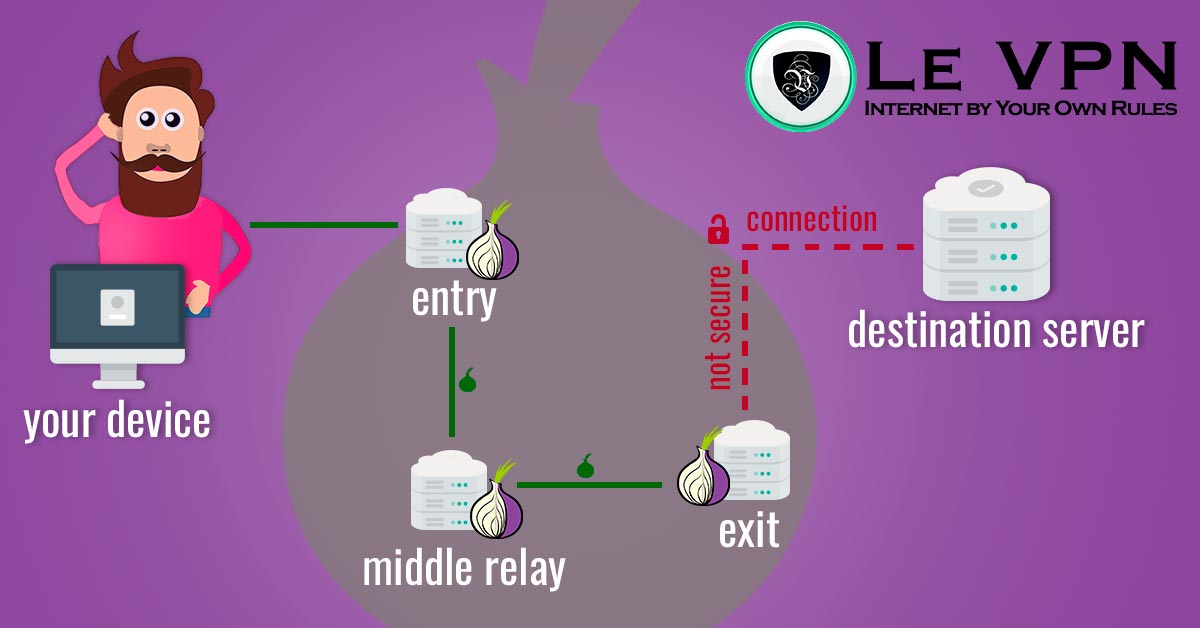Featured
Table of Contents
Tor Vs. Vpn - Which Online Privacy System Is Better? 2023
In practice, Tor Web browser is free, while VPNs are typically paid, which makes your option easy? You need to simply go with Tor and call it a day. Well,? Today, I desire to provide you a complete comparison of Tor vs VPN and discuss what they represent, their distinctions, use cases, and much more.
To begin off this Tor vs VPN comparison, I first need to discuss what these tools represent. Providing you a clear definition of what they are and how they work will help you comprehend their differences, so pay close attention. Beginning with Tor, this term is an abbreviation for "The Onion Router".
Nord, VPN It's vital to bear in mind that this is a tool for anonymity and not personal privacy I'll describe why soon. When it pertains to Tor nodes, they're held and maintained by volunteers, so we're speaking about a decentralized service, instead of a central service which holds true with a VPN.
The silver lining is anonymity because nodes aren't operated by any specific business, so you aren't running the risk of saving and logging your surfing activity by that business. On the other hand, the security of each node depends upon the person that's maintaining it. As such, a node can be compromised by a hacker, let's say, who will have the ability to trace your connection.
Tor Vs Vpn: Which Is Better?
The entry node is more critical due to the fact that, when connecting to Tor, your ISP can see that you did that through the entry node. That's why many people use a VPN with Tor to secure their connection and avoid the ISP from seeing their Tor use. We'll talk about that later on in this Tor vs VPN short article.

Its "The Onion Router" name originates from the reality that it peels the layers of encryption similarly to the onion layers. And dark web sites also have the domain ". onion", which isn't a coincidence. Listed below, I discussed how Tor works and the process of encrypting and decrypting your demands.
When you connect to the Tor network and you send out a request, you get triple encryption for each node. There's the entry node (frequently called the guard node), the middle node (or middle server), and the exit node. Tor sends your demand to the entry node, which removes the first layer of file encryption.
However, the entry node can't read the encrypted material of the demand, so it still can't trace your activities inside the Tor network. The traffic is then sent to the middle node, which eliminates another layer of encryption and sends out the encrypted traffic to the exit node. The exit node peels the final layer of encryption, which is why it can see the encrypted demand however it can't identify who is sending it since it can't see your IP address.
Tor Browser Vs. Vpn: How To Make The Right Choice

If you're looking to stay anonymous online and you're thinking about utilizing Tor, I think it's excellent to understand more about its advantages and drawbacks, so inspect them out listed below. The triple layer of file encryption makes sure 100% privacy when utilizing Tor Internet browser It's complimentary and doesn't need any memberships It's a decentralized, open-source network with no monitoring and surveillance Tor Browser is capable of going on the dark web The entry node can read your IP address and make it visible to your ISP when using Tor Slows down your web speed considerably due to innovative file encryption Nodes are run by volunteers who might not do a fantastic job at making sure they're safe and secure You can't choose an IP address from a particular nation, so you can't bypass geo-blocks Tor Internet browser doesn't work on all platforms Wondering what are the differences in between Tor and VPN?
VPN services provide countless servers in different countries, so they allow you to connect to any of them quickly and get an IP from the country you require. Each demand you send is routed through a VPN tunnel where it is sent to a VPN server which decrypts it and connects you to the website you want.
g. the site you're going to The same process applies to traffic originating from the network from your gadget. It's important to discuss that a while Tor (Tor Internet browser) is concentrated on the part of the connection in Tor Browser. This is why a VPN appropriates for torrenting, for example, while Tor secures only the part of the connection sent out through the Tor Browser.
With a single layer of encryption, the VPN actually goes through less actions to secure your connection which has a huge advantage much quicker speeds and better efficiency. They're very simple to use VPNs can be installed on every platform (Windows, i, OS, Linux, Android, mac, OS, routers,) You can choose an IP address from a specific country, letting you bypass geo-restrictions There's a greater degree of responsibility since you understand who owns the VPN servers VPNs are really fast and superior companies provide 10 Gbps servers Advanced security features like a kill switch, advertisement blocker, and Multi, Hop Overall personal privacy, thanks to advanced encryption and the ability to conceal your original IP It's a paid service which can be an issue for budget-constricted users Some VPN services are understood for saving logs (Hola VPN, Ninja, VPN, Betternet,) You should pick a trustworthy VPN that has a no-logs policy since you're handing over your privacy/anonymity to that business Now that you what Tor and VPN are, I feel the requirement to rapidly summarize their differences simply to make sure you understand everything well.
Latest Posts
Best Vpns For Small Businesses (2023) - Bestvpn.org
8 Best Vpns For Android In 2023: Fast & Easy To Use
15 Best Vpn Services Of 2023 (Updated: May 30)